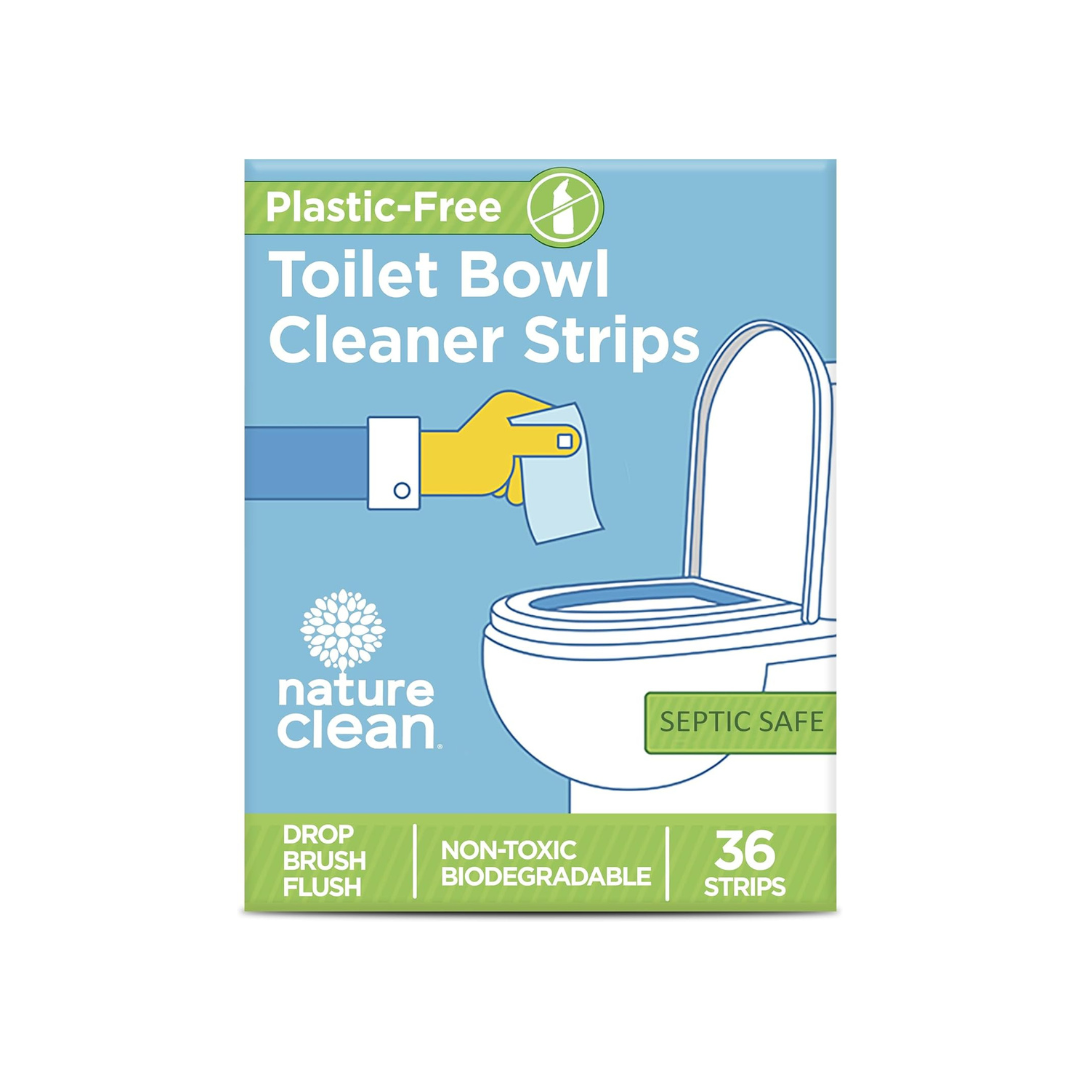Recycling is more than just a way to manage waste—it's a crucial component in our ongoing fight against climate change and environmental degradation. By turning materials that would otherwise end up in landfills into reusable resources, recycling conserves natural resources, saves energy, and reduces the need for raw material extraction. This process not only helps keep our planet cleaner but also contributes to a healthier ecosystem that can sustain future generations.
Why Recycling Matters to You and Your Family
For middle-aged mothers across the US, recycling represents an opportunity to make a direct and impactful contribution to the environment while setting a positive example for children. It's about nurturing a family culture that respects and protects the natural world by emphasizing sustainable practices in everyday life. Engaging in recycling activities can also lead to economic benefits, such as reduced waste disposal costs and consumption expenses, by fostering a more mindful approach to resource usage.
This introduction sets the stage for a deeper exploration of recycling, underscoring its importance not just from a global perspective but also from the standpoint of individual and community action. As we delve further into this blog, we'll uncover the specifics of what can be recycled, the tangible benefits this practice brings to the environment and our lives, and practical tips for integrating effective recycling habits into your family routine. Join us as we explore how simple actions can lead to significant changes, empowering you and your family to contribute to a healthier planet.
What Can and Cannot Be Recycled
Understanding what items can be recycled is the first step toward effective recycling. Typically, materials such as paper, cardboard, glass bottles, metal cans, and certain types of plastics are recyclable. Here’s a quick breakdown:
Paper: Includes newspapers, magazines, office paper, and envelopes. Avoid recycling paper that is heavily soiled or has food residue.
Cardboard: All forms of corrugated cardboard are recyclable. However, pizza boxes contaminated with grease should be avoided.
Glass: Clear, green, and brown glass bottles and jars can be recycled. Caps and lids should be removed, and containers should be rinsed.
Metals: Aluminum cans, tin cans, and foil are recyclable. Again, make sure these items are clean and free from food waste.
Plastics: Check for a recycling triangle with a number inside. This number indicates the type of plastic and whether it is recyclable in your area.
Items that generally cannot be recycled include plastic bags (which can jam recycling machinery), styrofoam, ceramics, and certain types of glass like windows or mirrors. Always check with your local recycling guidelines, as what can be recycled may vary by region.
The Environmental Benefits of Recycling
Conservation of Resources
Recycling plays a pivotal role in conserving natural resources. By processing used materials into new products, we reduce the need to consume precious resources such as timber, water, and minerals. For instance, recycling one ton of paper can save 17 trees and over 7,000 gallons of water. This conservation is crucial for sustaining our environment and ensuring resources are available for future generations.
Reduction in Greenhouse Gas Emissions
One of the most significant environmental benefits of recycling is the reduction in greenhouse gas emissions. Manufacturing products from recycled materials often requires less energy compared to producing the same product from raw materials. For example, using recycled aluminum scraps to make aluminum cans uses 95% less energy than creating new aluminum cans from bauxite ore. By using less energy, we also cut down on carbon dioxide and other harmful emissions, which are major contributors to climate change.
Energy Savings
Recycling leads to substantial energy savings across various industries. Producing goods from recycled materials generally consumes less energy than producing them from virgin materials. This is particularly evident in the metals industry, where recycling metals can save up to 92% of energy for aluminum, 90% for copper, and 56% for steel. These savings help reduce the overall energy demand, which not only helps conserve resources but also supports a more sustainable energy infrastructure.
The Economic Benefits of Recycling
Job Creation in the Recycling Industry
Recycling is not just good for the planet—it also benefits the economy by creating jobs. The recycling industry requires a variety of roles, from collection and processing to administration and research. This industry supports hundreds of thousands of jobs and generates over billions in wages and tax revenues annually in the United States, contributing significantly to local economies.
Cost Savings from Using Recycled Materials
Businesses that utilize recycled materials can often produce goods more cost-effectively compared to using new raw materials. These cost savings can be passed down to consumers in the form of lower prices. Additionally, communities save money by reducing the need for landfills and incineration, lowering the expenses associated with waste management.
Understanding the multifaceted benefits of recycling allows us to appreciate how this simple practice extends far beyond just managing waste. It supports a sustainable economy, reduces environmental impact, and conserves natural resources, underscoring the importance of incorporating recycling into our daily routines. By recognizing these benefits, families, especially those led by proactive mothers, can take meaningful steps toward building a sustainable future for all.
Recycling at Home: Practical Tips for Families
Setting Up a Home Recycling System
Creating a functional recycling system at home is easier than it may seem and can be a fun family project. Here’s how to get started:
Identify a Space: Designate a specific area in your home for recycling bins. Ideally, this should be accessible and somewhat central, like the kitchen or garage.
Get the Right Bins: Depending on your local recycling rules, you might need separate bins for paper, plastics, metals, and glass. Label each bin clearly to avoid confusion.
Educate Your Family: Make sure everyone in the household understands what can and cannot be recycled. You can even create a simple chart or poster as a quick reference guide.
Recycling Unusual Items: Electronics, Batteries, and More
Recycling everyday items like paper and plastics is straightforward, but what about cell phones, batteries, or appliances? Here’s what to do:
Electronics: Many electronics stores and municipalities offer e-waste recycling programs. Look for local e-waste collection events or drop-off locations.
Batteries: Batteries should never be thrown in regular trash due to their toxic components. Many stores that sell batteries also offer recycling services.
Large Appliances: For items like refrigerators or washers, check if your local waste management facility has a bulk recycling program.
Conclusion
This blog highlights the profound impact of recycling on both the environment and the economy, emphasizing the conservation of natural resources, reduction of greenhouse gases, job creation, and cost savings. By incorporating recycling into your daily life, you not only help the planet but also teach your children the importance of environmental care. Each recycled item contributes significantly to environmental health. We encourage you to further your sustainable practices by exploring eco-friendly products at Flora, helping you make an even greater impact.






































